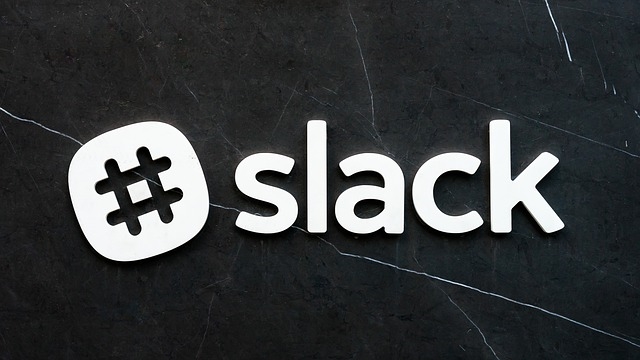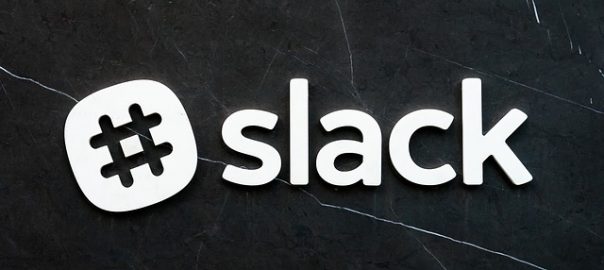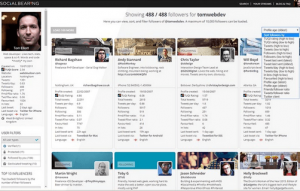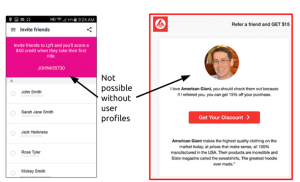— September 13, 2017

In my previous article, I introduced the up and coming Slack tool and how it serves as an alternative for LinkedIn, which is closing its groups. More about Slack here:
SLACK COMMUNITIES I LOVE
I’ve noticed that I enjoy engaging more on Slack than I do on regular social channels on a broader scale and opt to check Slack in the morning vs. social media channels.
Remotive: Remotive Slack has several chat rooms, acting as a virtual water-cooler where remote workers share jobs, tips, and cool vibes! They charge an annual membership fee of $ 29, but it’s well worth it!
Buffer Community: Buffer’s Slack community is one of my personal favorites. It’s the ideal place to engage with social media and marketing professionals, many of whom are remote workers. It’s free to join.
altMBA Alumni: Seth Godin’s altMBA program is well worth doing if you are intent on leveling up, and I participated during the August 2016 session. The best part of doing altMBA is being a part of the alumni community, and all of that interaction takes place in Slack. This community is by invitation only, since you must complete the altMBA program first.
COULD LINKEDIN GROUPS MAKE A COMEBACK?
I don’t see LinkedIn groups making a comeback when it comes to cutting-edge technology communities or sales and marketing communities. These communities are beginning to look for alternatives and perceive LinkedIn groups as a necessary evil, something they must “work into their day.” If you want a community to become integral to these professionals, it must feel natural. Being where they already are is a HUGE opportunity.
LinkedIn groups geared towards more mainstream or laggard industries may still continue to thrive in the next couple years, as these members are slower to adopt new technologies. They have barely heard of Slack, and will not start using the platform until it’s mandatory.
WILL SLACK REPLACE LINKEDIN GROUPS?
Only time will tell.
What I see happening is technology companies following Buffer’s lead to build exclusive Slack communities for their users or fans. This could allow select employees to engage in a different way with consumers because Slack feels much more personal than a typical social channel.
Slack communities is also a great way for companies looking to hire future employees to find good talent. If a person loves your company “that much” to join a Slack Community, then they might be a good fit for working for you.
I think the potential for Slack to overtake this space is huge, especially if the target age range is millennials and Generation Z. Not sure that Gen X (and older) would be as interested because many of them still have trouble wrapping their minds around social media in general.
If you are a business in the technology, social media, marketing, or sales space, Slack communities might be just the replacement for LinkedIn groups you are searching for.
What do you think? Have you ever considered building a custom community on Slack? What buy-in would you need from your company to do so?
Digital & Social Articles on Business 2 Community
(71)
Report Post








